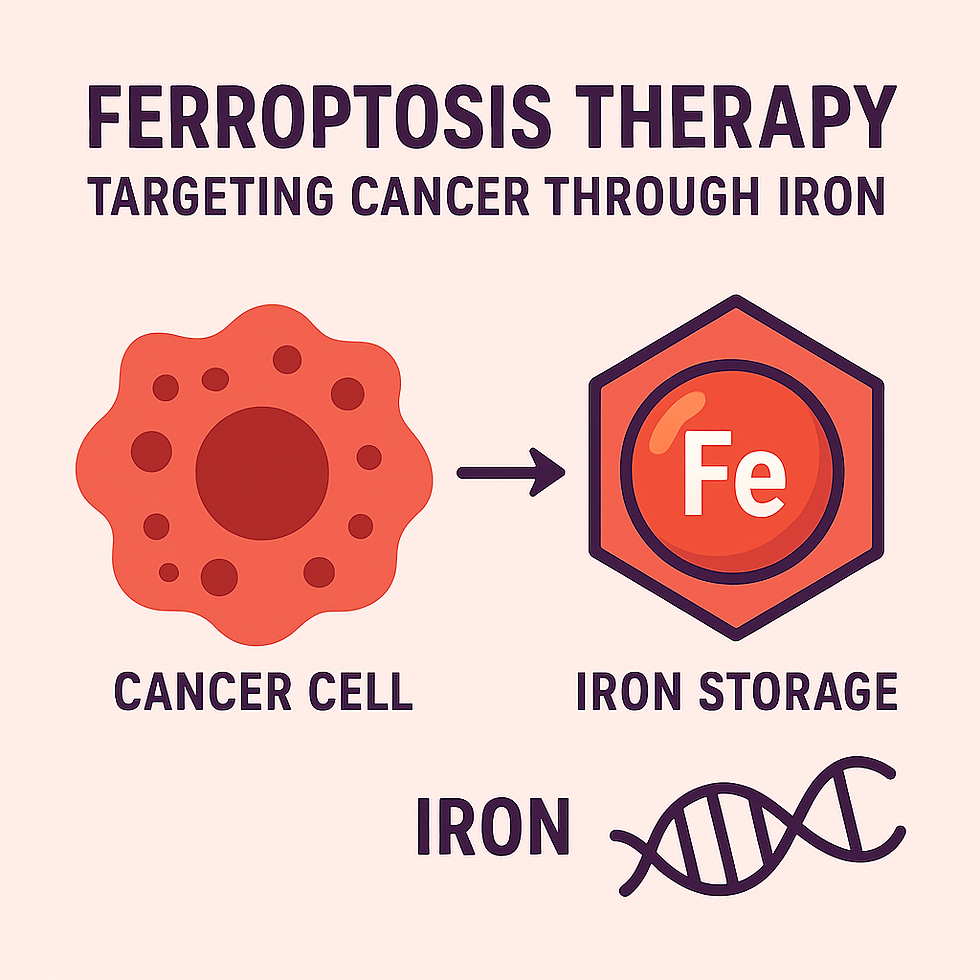Nuclear War’s Toll: Exploring the Public Health Crisis
- Kuber Chandran

- Feb 21, 2025
- 2 min read
Updated: Apr 24, 2025
"Anger is a powerful emotion that blinds you and clouds your judgment of right and wrong"
Recently, powerful nations have been issuing nuclear threats against other countries to exploit their resources and assert dominance in political forums.
Who gave the power to threaten someone???
Simple answer: 'Nuclear Power '

Let's dive into what nuclear power can actually do to humans on a biological level!
Hiroshima and Nagasaki In World War II, there was a dispute between the US and Japan that created such a tragic event of a nuclear power showcase. History remembers the Hiroshima-Nagasaki incident and the track record of what happened to human beings in that area.
If nuclear bombs fall on a place,
what will happen to humans?
Can humans survive or die?
Both: lucky ones die and unlucky ones don't die
What happens to unlucky ones?
Individuals within the range of 8 km radius face permanent/transient blindness.
All exposed body parts within a 10-15 km radius will experience superficial burning.
These bombs create ionizing waves, including gamma rays and neutrons, which change the molecular structure of several proteins, cause mutations, and pile up to cause cancer and death in a few days to a few weeks which potentially transfer to the next generation.
Explosion releases fission products into the atmosphere, returning as radioactive rain bringing diseases like hair loss, skin spots, fever, diarrhoea, oral disease, bruising, retinal bleeding and low platelet counts.
Lucky ones?
That's not the end of the road! Certain studies state that cancer peaks after a decade. Still-borns are affected by a few symptoms, including small head size, mental disorder, and impaired physical growth! At present, no radiation-associated disease excesses are found, and as time passes, we will get to know more about it. If you are rich and want to survive and hide in a bomb shelter, the levels of oxygen reach nearly 0 without support and eventually causes death.
Healthcare system :
The bomb is highly dangerous and extremely hazardous to the environment. Radioactive iodide is released into the air, which contaminates the body, food, and everything that is inhaled. If such nuclear weapons are used on highly populated cities, the logistics of the health care system become chaotic. Even highly populated countries such as India, China, and the US are unable to provide an adequate number of doctors, beds, and basic facilities.
The current system of any nation is not ready for any such disastrous nuclear attacks. That's one of the reasons Japan never had a hands-on nuclear power after World War II; they are highly aware of what it brings to them: just unimaginable pain and agony!
Sometimes, power is dangerous because it has the potential to harm the world
The world is not meant for someone who can give orders from a distance to show their political stance and power. Please choose your leaders carefully!!
Reference:
Xu, S., & Dodt, A. (2023). Nuclear bomb and public health. Journal of Public Health Policy, 44(3), 348–359. https://doi.org/10.1057/s41271-023-00420-x




Comments